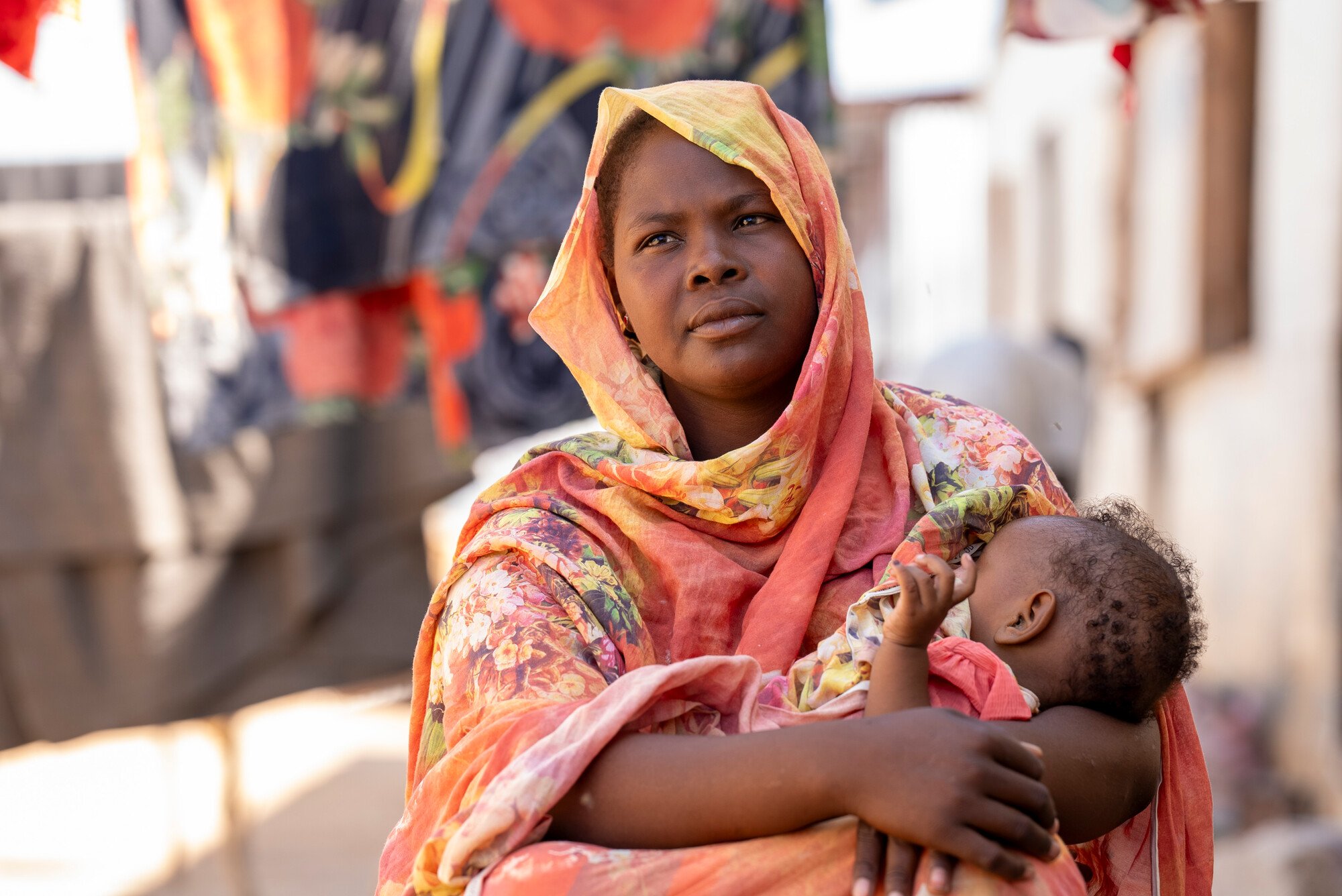Indigenous Mayan people in the western highlands of Guatemala are concerned about the social and environmental effects of the Marlin Mine, a large industrial gold mine in San Miguel Ixtahuacán, and are asking Oxfam's supporters to sign a petition calling on the government to suspend operations at the mine.
Concerns about human rights and the environment are constantly swirling around the community and mine.
- As the mine was being established in 2005, the community of Sipakapa organized a referendum: The majority voted against allowing mining in their community. Neither the government nor the mine company Goldcorp respected the results. (In 2007 Guatemala's Constitutional Court ruled the referendum was non-binding.)
- By 2008, four different pension funds in Canada and Sweden requested a "human rights impact assessment." This independent report found that the company had not carried out adequate consultation with communities prior to establishing the mine, a violation of the International Labor Organization's Convention 169 Concerning Indigenous and Tribal Peoples, and the right to "free, prior, and informed consent."
- E-Tech International carried out a water study in 2010 that recommended more aggressive management and monitoring of water sources, as well as for a bond to cover cleanup costs after the mine is closed.
- A 2010 environmental health study by experts from the University of Michigan, University of Illinois, and Physicians for Human Rights found heavy metals in rivers downstream from the tailings dam, and called for ongoing monitoring.
- In 2010 the Inter-American Commission for Human Rights issued a set of "precautionary measures" that ask the government suspend mining at Marlin while the government carries out investigations into the pollution and human rights violations.
- The United Nations recently confirmed that the mine did not adequately discuss its plans with local people when it was established: "…the Marlin project was not subject to consultation with indigenous communities," says James Anaya, a special rapporteur appointed by the UN to look at the human rights situation of indigenous people in the country. His report was issued in June of 2011.
- A new cost-benefit analysis by the Tufts University Global Development and Environment Institute finds that the government of Guatemala is getting a relatively small share of profit from the mine: 42 percent of total mine revenues, which is "substantially below best practice in global mining operations." The bulk of revenues and earnings "flow overseas to the company and its shareholders." Local communities, the report says, "bear 100 percent of environmental risk." The conclusion: "...the economic benefits of the mine to Guatemala and especially to local communities... are meager and short-lived."
- Fifteen members of the US Congress sent a letter to the President Colom of Guatemala, urging him to immediately suspend operations and address the concerns of the indigenous communities affected by the mine.
The Marlin Mine now produces more than 300,000 ounces of gold a year.
Conflict and Violence
Critics of the mine in Guatemala and international experts are calling on the government and Goldcorp to accept the precautionary measures issued by the IACHR and suspend operations at the mine. It's a risky stance for local people to take: Amnesty International has noted cases of beatings and death threats against members of the San Miguel Defense Front(known by its Spanish initials, FREDEMI). Community members also report shootings and attempted shootings against mine critics. Aniceto López, a coordinator who works for FREDEMI was beaten in February 2011, along with Miguel Ángel Bámaca, a farmer and public health promoter.
The insecurity is "the worst thing affecting our community now," says Bámaca, who was also shot at late at night in July 2010, just outside his home. Like many other FREDEMI members, he is not comfortable publicly identifying his attackers. He says those who wish him ill "know what we do, where we live, when people meet...they know everything," Bámaca says."Who will help us?" The government, the courts, the police, they are not helping."
Adding to concerns about the environment and security, the ethnic Maya Mam people living in the area consider industrial mining as a form of disrespect for their religion and culture, which worships nature and Mother Earth. "Our spirituality, our vision is that there is harmony between nature, people, and God, we are together and there is balance in our lives," says Maudilia López, an indigenous woman who works for the Catholic church in San Miguel Ixtahuacán. "This mining activity puts our cultural values in danger."
Action in defense of indigenous rights
After the IACHR issued its precautionary measures urging the government to suspend operations at the Marlin Mine, the government initially agreed to do so, then later claimed it did not have enough evidence of environmental damage and human rights violations. Oxfam America has been collecting signatures on an electronic petition urging the government to suspend mining at the Marlin Mine and investigate the human rights violations and environmental problems linked to the mine.




